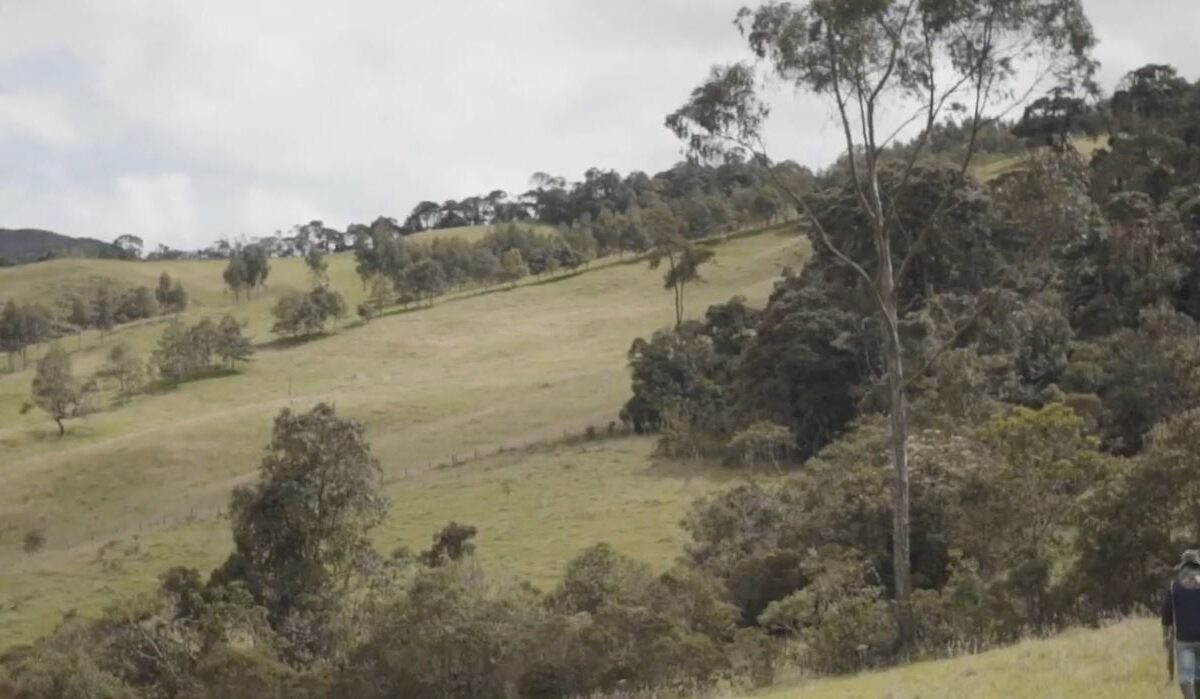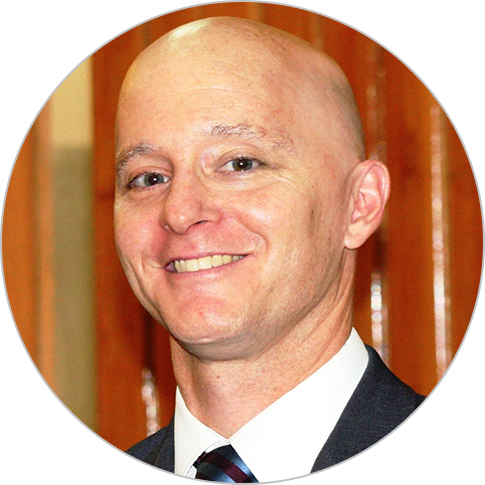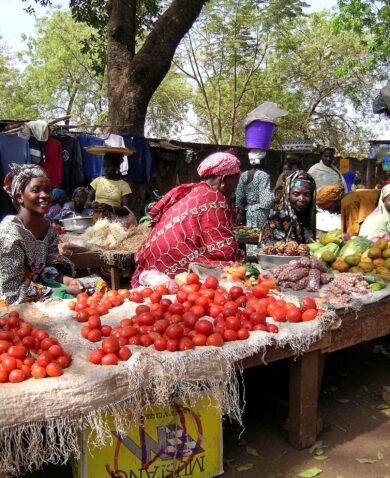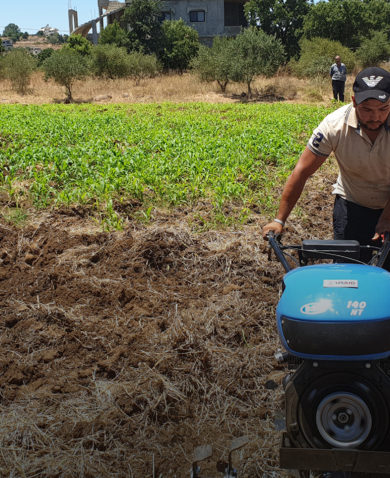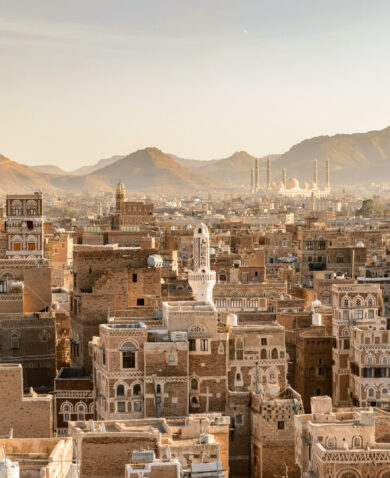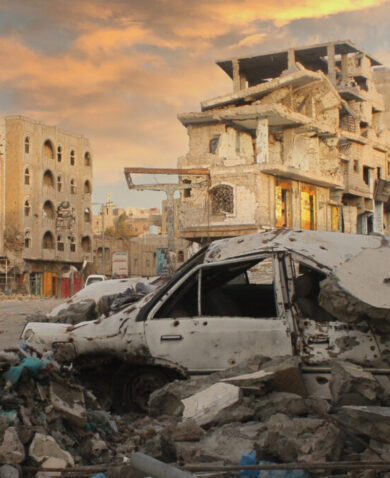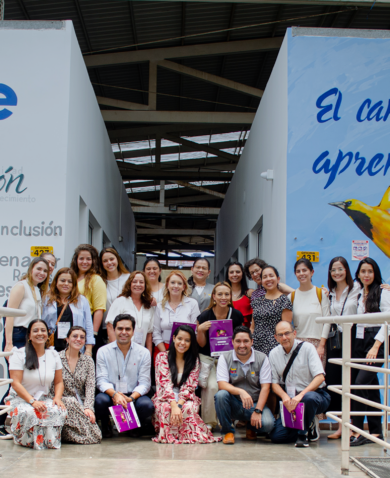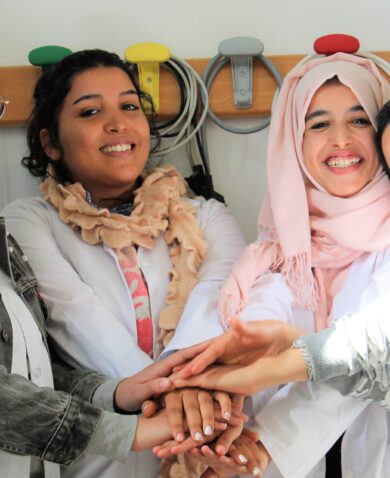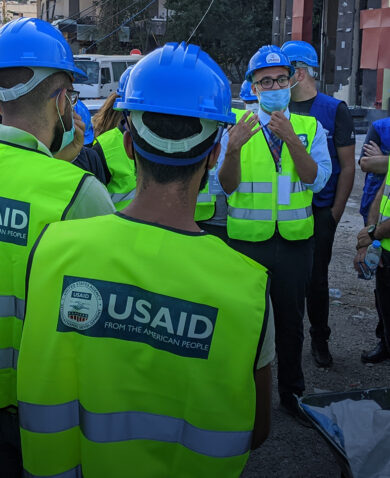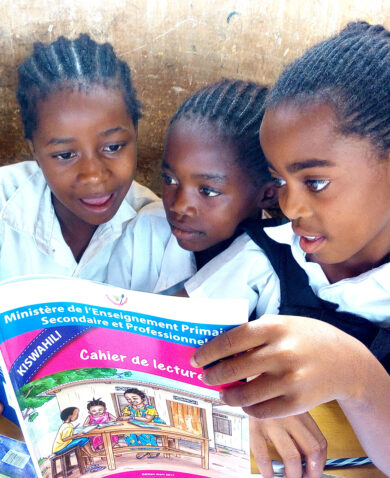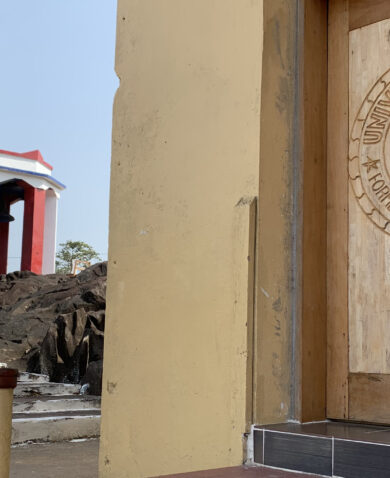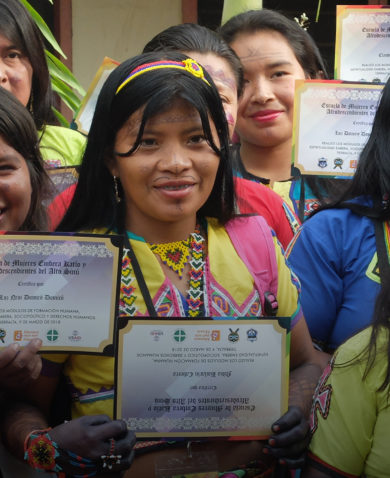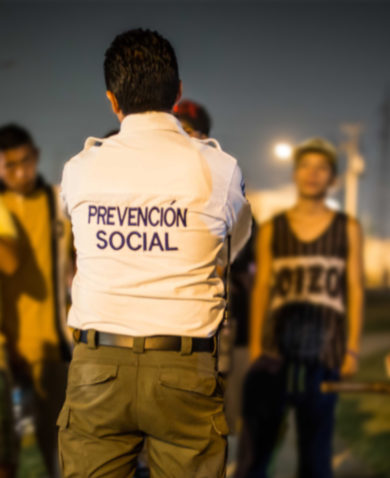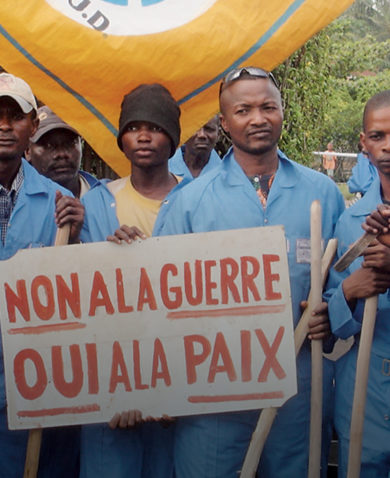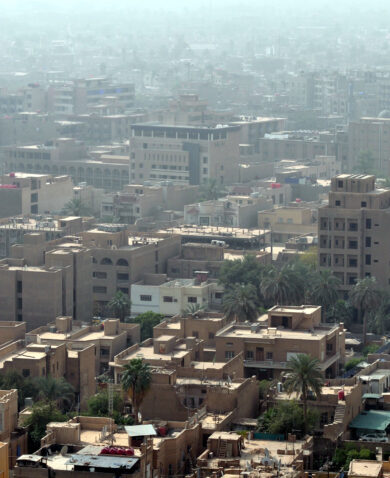We support peaceful transitions in anticipation of and following major political events by addressing drivers of conflict and promoting government transparency and accountability. In this way, we rebuild the trust between state and society that is often fractured in the aftermath of conflict. With local authorities, community leaders, and civil society organizations, we work to establish stability in volatile situations. Our approach strengthens confidence in public institutions, empowers vulnerable groups, and ensures community buy-in from the start. Our approaches include media and strategic communications, government and civil society capacity building, artistic and creative outreach, and youth and gender inclusion. In Libya, we support nascent institutions to deliver services and work with local communities to enhance citizen confidence in civilian institutions. In Syria, we support local actors and civil society organizations providing early recovery and stabilization projects. Through our other stabilization and transition initiatives we also support rehabilitation of public parks and infrastructure and work with moderate actors to build public support for political compromise.


